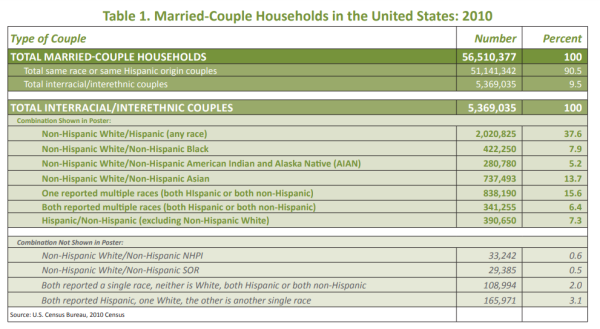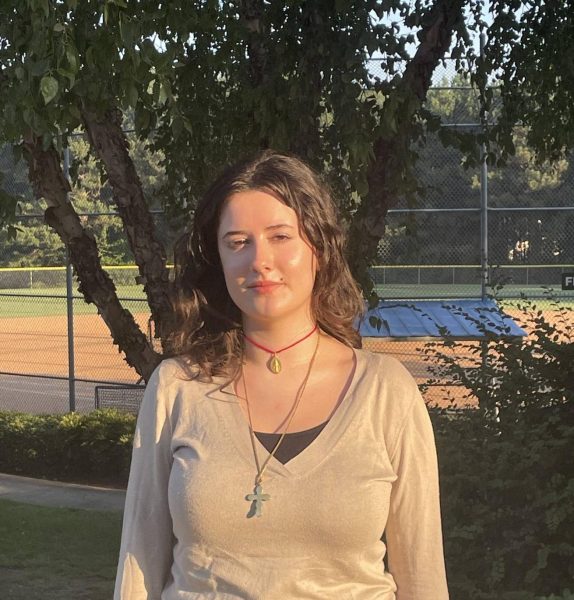Ash Chen (‘25), a student at Green Hope High School, shared their encounter with an employee at a local fast-food establishment, “I remember there was this … employee who made me follow him on Instagram [that] then messaged me saying, ’I’ve always wanted an Asian wife’”. Completely disgusted, Chen blocked the account, digesting the strangely targeted approach.
Dating back to the Reconstruction Era in the United States, Asian women have always been portrayed as sultry and sexually alluring, caricatured by the West for their “exotic” look. The seductive perception of these women enabled discriminatory legislations like the Page Act of 1875, which banned the immigration of Asian women, specifically Chinese women, from the U.S. It’s unfair and prejudiced that these women were prohibited from pursuing a new life due to the inappropriate actions of Western men.
Even during colonial times, countries like the Philippines were influenced by western rule, becoming accustomed to the eventual conditioning of white fetishization. It’s not uncommon nowadays to see interracial couples, with white and Asian being one of the more popular romances. According to the 2010 United States Census, white and Asian couples are the third most common, taking 14% of the interracial marriage population. While some relationships do come from the heart, there’s an undeniable amount of suspicious couples that are together for the wrong reasons.

With the popularity of anime and K-Pop growing throughout the years, the stereotype for Asians transformed. Although most Asian women have been perceived as sexually tempting, in recent years, those obsessed with anime and K-Pop culture have turned away from that sharp Hollywood look. It’s now seemingly common to associate a cutesy and a submissive impression on Asian men and women, with an emphasis on East Asians.
On the popular app TikTok, a community that grew attention over this summer opened doors for even more questionable feelings regarding Asians. This community is referred to as Race Change to Another (RCTA), and strongly feeds into the idea that they were born as the “wrong” race. While there’s tons of underlying issues with RTCA’s ideology, the members of this strangely growing online group often use Asian “face claims” to fulfill their desires to transition races.
A face claim is the term used by RTCA when choosing how one wants to look after transitioning into their identified race. An average face claim example would be like Jang Won-Young, a singer with the K-Pop group IVE, or any East Asian found on Pinterest. Additionally, on YouTube, there are video subliminals purposefully created to help anyone achieve a more Asian look. Subliminals are defined as something below the human threshold of sensation and consciousness, affecting someone’s mind and physical appearance without the awareness of it. These videos include titles consisting of promising smaller and slanted eyes and/or paler skin. While this is a predominant issue only seen within the internet as of now, it’s unsettling to be aware about its existence.
Back during the pandemic, many influencers on TikTok’s platform put on makeup specifically to be perceived as Asian. This is called Asian Fishing, as these creators were fishing for comments to mention how Asian they appeared. Asian fishing included eyeliner and taping skin back to make Caucasian/ Non-Asian features narrower and more slanted, fabricating the stereotypical Asian eye. Not only was this prevalent but also the style of Japanese schoolgirl attire. There were, and still are, content creators on the app who are paid to dress in revealing schoolgirl uniforms, that feed the narrative of sexualizing Asians even more. It especially created a harmful viewpoint against young Asian girls from the inappropriate actions performed in clothes that imply their innocence. This breach of morality is not only disgusting but is encouraged from the profit it’s able to make.
The most extreme extent of someone pursuing Asian customs and lifestyle is the famous internet personality, Oli London. Oli London is a white man born in England and known for his 32 cosmetic surgeries to look like his celebrity crush, Jimin, from the K-Pop group BTS. After he was done wanting to look like Jimin, Oli London ended up transitioning into a Korean woman in pursuit of looking like Rosé from K-Pop group Blackpink. This is far beyond obsession. It’s the fetishization of East Asians. How could anyone possibly spend thousands upon thousands of dollars to indulge in “feeling Asian”?
To give some credit, the exposure to Asian culture has been able to expand more inclusivity of Asian communities. The growing popularity of familiar pop culture, to East Asians, in the West has allowed people ignorant of a different lifestyle to become accustomed to something unfamiliar, but just as likable. The disappointing truth contradicting the positives, however, impacts the ethnic group just as much. Disgusting thoughts regarding the natural physical appearance of Asians, and the overall notion of profitability through exploiting it, ultimately make it difficult to acknowledge those who do respect Asian culture.
It’s appreciated when others enjoy diversity and are open to learn more about cultures unlike their own. But when a race becomes the sole reason to gratify towards a certain interest, it becomes appropriated and fetishized. Idealizing a person and a culture is beyond disconnecting from reality, it turns into transforming a false narrative that influences harm and discomfort.










